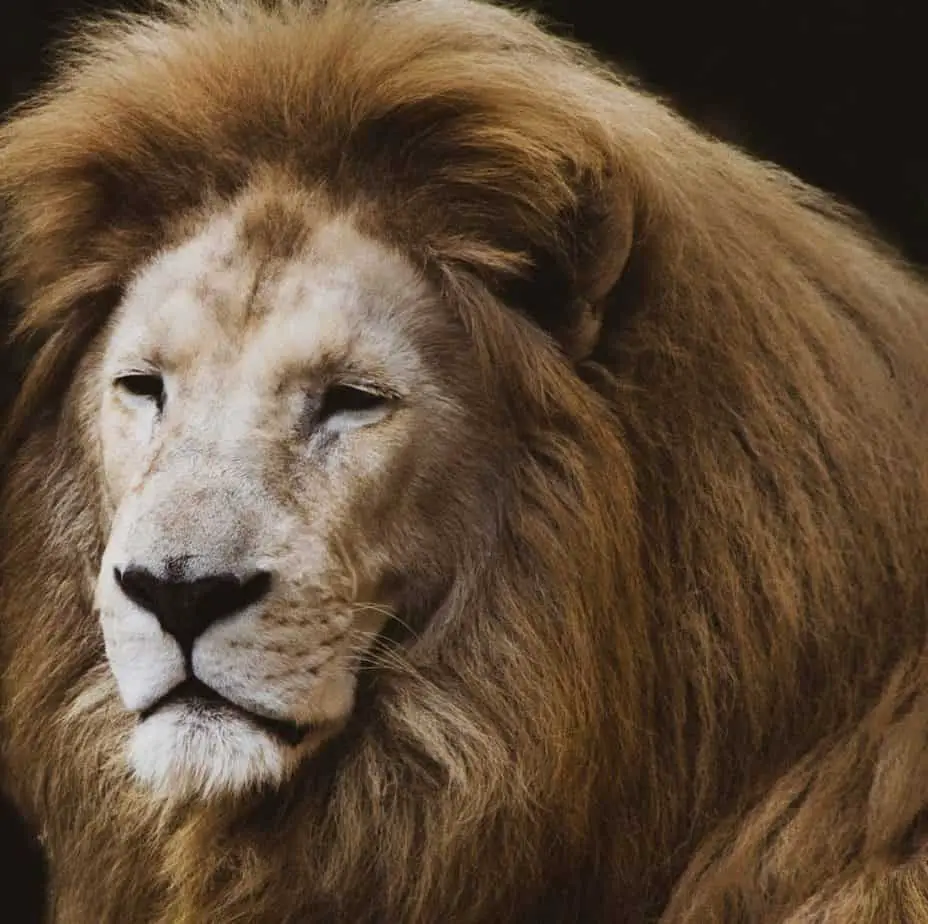
CS Lewis drew inspiration for The Chronicles of Narnia from influences in his life: an image he had in his head since age 16, an imaginary land he created with his brother, the name of an Italian town, the children sent to his house during the war and maybe even the longings of his motherless heart.
- A mental image Lewis had at age 16 of a faun carrying packages in the snow. The Narnia books were written decades later, but this seed of an image finally germinated to become foundational in the first book of the Chronicles, The Lion, the Witch and the Wardrobe.
2. The Imaginary land of Boxen created with his brother. There’s also the seed planted in childhood of a imaginary land named Boxen that he and his brother, Warner, imagined when they were growing up. In this country, animals could talk and fantastical and mythical creatures lived.
3. The Italian city of Narni. As a child, Lewis was looking at a map of Italy and saw a small town named Narni. The name fascinated him and he tucked it away to use for later.
4. His conversion to Christianity.
Lewis’ well-publicized turn from atheism was influenced by his friends and the authors he most respected. That, in turn, influenced his own writing, both non-fiction and fiction.
Are the Chronicles of Narnia Christian? Lewis denied that they were a Christian allegory, though the series is certainly steeped with Christian symbols.
Aslan the lion serves as the Christ figure throughout the books.

5. His desire to smuggle truth behind enemy lines.
When Lewis was asked if he would write for the then new magazine, Christianity Today, he replied that he felt his time was better served smuggling truth behind enemy lines.
Lewis’ intent to smuggle theology manifests itself in a conversation Aslan has with Lucy in Narnia about returning to England.
“It isn’t Narnia, you know,” sobbed Lucy. “It’s you. We shan’t meet you there. And how can we live, never meeting you?”
“But you shall meet me, dear one,” said Aslan.
“Are -are you there too, Sir?” said Edmund.
“I am,” said Aslan. “But there I have another name. You must learn to know me by that name. This was the very reason why you were brought to Narnia, that by knowing me here for a little, you may know me better there.”
Who is Aslan in the real world? Read my article that answers that question.
6. His fascination with Norse mythology.
Lewis developed a fascination with fantasy, myth and legends, but, especially with Norse mythology.
An interesting aspect of Lewis’ education was the one on one time spent with a tutor before entering the university reading books that opened up new worlds for him.
7. Echoes of his life.
When he was a professor at Oxford, he hosted three girls from London in his home in the country during the air raids. Surely that was foundational for the set up of the first book when the Pensevie children are sent to live with Professor Digory Kirk.
He also served in the British military during the first world war, giving him and insider’s look at battles and war.
8. He dedicated the first book to his god daughter, Lucy.
Other dedications followed, including to his step sons, Douglas and David Gresham.

9. Once Upon a Wardrobe by Patti Callahan does a deep dive into this question.
The story revolves around Megs Devonshire, a student at Oxford in 1950, who approaches professor Lewis with questions about the origin of Narnia.
10. It’s still a mystery.
Everything goes into an author’s head and what comes out is greater than the sum of it’s parts.
11. Narnia was born out of the longings of Lewis’ heart.
This is pure personal speculation. But he did lose his mother to cancer as a boy of 9.
Maybe it was the longing for his mother that helped him tap into that longing that we have for another world, the desire to escape this one and go to one where we have a little more control and power and we can communicate with animals.
Maybe that is why he didn’t feel the need to perfect his world, correct the inconsistencies and fill in all the backstory. The mishmash of legend, fantasy and myth seemed not to bother him the way it did his friend and literary compatriot, J.R.R. Tolkien.
Somehow, Lewis was able to tap into the deep longings of the soul.
He communicated those longings and people resonated with that.
The leaps of logic didn’t matter. They were forgiven.
He articulates the longing for perfection, for justice and the desire we have to rule our own kingdom. Also, the desire to be known and loved unconditionally.
The simplest plot points communicate those longings, like when Edmund left his flashlight in Narnia or the desire to not wake up from a delicious dream.
He was also able to tap into the rebellion of the human heart, the jealousies of sibling rivalry, and the classic contest of good versus evil, with the satisfaction of knowing that good will prevail.
I think some of those longings came from his motherless heart. Others are common to everyone, regardless of circumstance.
I think we have within us a longing for a God who sees and cares and is ultimately arranging the pieces of history. To be loved and pursued by an all powerful God touches us at our deepest level.
The sacrifice of a God who would willingly lay down his life to redeem us also touches a deep human need— the need to be rescued when we can’t rescue ourselves.
The fact that Lewis could do it in so few words is a genius of literature.
